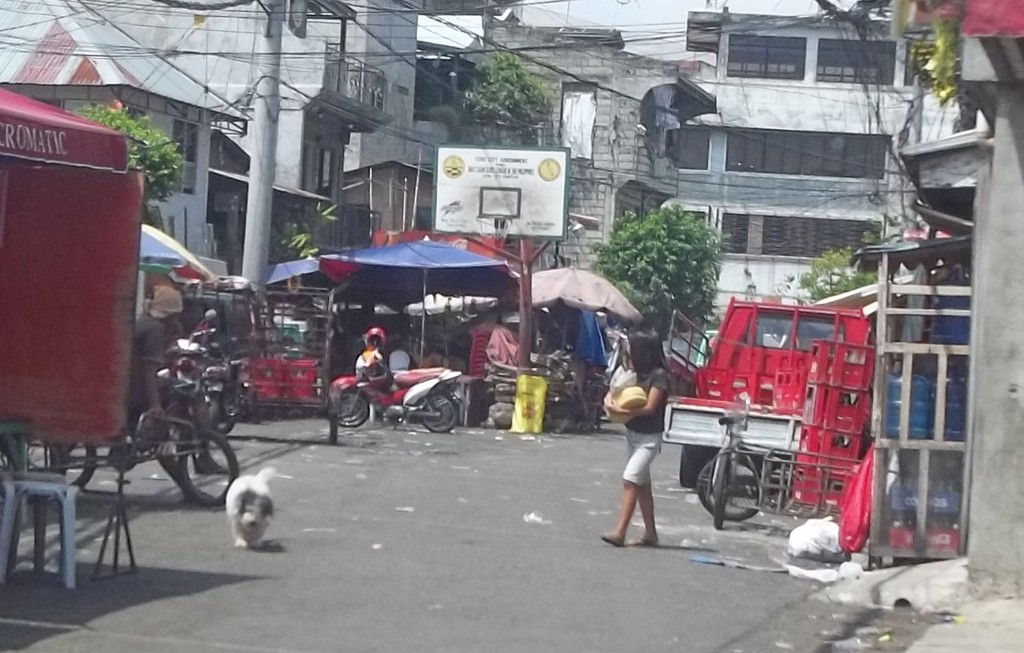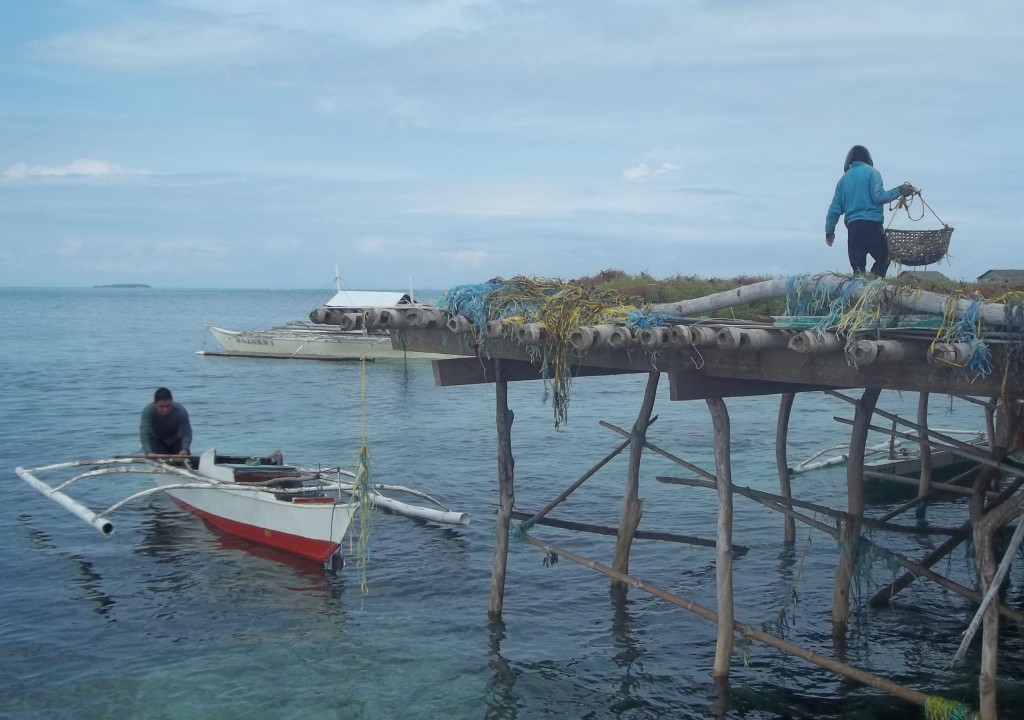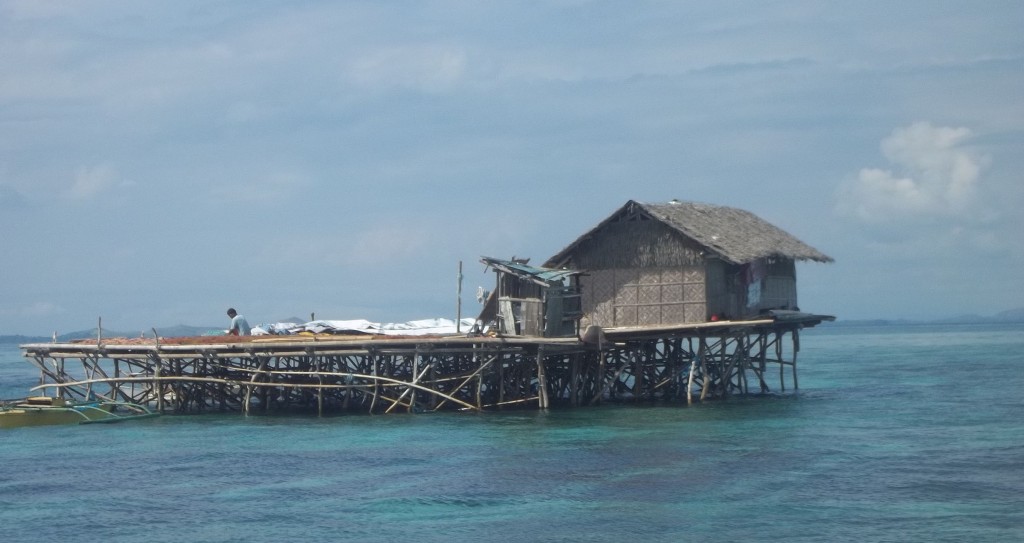
By NESTOR B. RAMIREZ
CEBU CITY—The newly formed Task Force Pawikan has confirmed the illegal sale of pawikan or sea turtle meat during a covert operation at the province’s largest seafood market in Barangay Pasil here.
Forester Dante Soria, who heads the task force created by the Office of the Regional Executive Director of the Department of Environment and Natural Resources, said investigators deployed to the fish market at dawn Wednesday spotted a vendor selling pawikan meat at the second building of the market.
The vendor hurriedly sliced the meat, cut off head of the turtle, and placed it inside a plastic bag, he said.
Soria also said task force members went around the stalls outside the fish market and saw two Caucasians and a Filipina eating pawikan stew in one of the ambulant eateries in the area.
He said he asked for the pawikan dish but was told the last order had already been given to the two foreigners who were about to finish their meal.
Soria said the task force’s investigation confirms VERA Files’ report that foreigners and rich locals seek out the eateries in Pasil that serve the dish, which is rumored to have an aphrodisiac effect.
The task force chief said he was shocked to see the illegal trade taking place right in front of him. He said, however, his team did not apprehend the seller because they were in civilian attire and were not ready to arrest the suspects for fear that they might resist and hurt them.
The eight-member task force, which was created through a city resolution passed on May 23, is mandated to “conduct field investigations or surveillance on the reported trading, hunting, sale and killing of marine turtles.” It is under the DENR.
The resolution was passed after Environment Secretary Ramon Jesus P. Paje signed on May 21 a Regional Special Order (RSO) emphasizing the enforcement of existing rules and regulations pertaining to marine turtles. The RSO came after VERA Files published a story on an eatery that sold pawikan dishes in Pasil.
As early as 1976, a Task Force Pawikan was created through Executive Order 542 because of the “urgent need for the conservation of the economically important marine turtles now in the verge of total depletion.”
Three years before that, the Philippines became a signatory to the Convention on International Trade in Endangered Species of Wild Fauna and Flora that aims to protect endangered species such as the pawikan.
Republic Act 9147 or the Wildlife Resources Conservation and Protection Act of 2001 further states that one of its objectives is “to pursue, with due regard to the national interest, the Philippine commitment to international conventions, protection of wildlife and their habitats.”
Soria said the pawikan trade continues in Pasil even after the creation of the task force, but he observed that the vendors move from one area to the other following publication of the story in international media portals.
He said the task force suspects a big-time financier to be behind the operation and needs to be careful because of the presence of lawless elements in the coastal barangay.

“I don’t want somebody killed in this campaign like what happened to Jojo de la Victoria,” Soria said, referring to Elpidio “Jojo” de la Victoria, the former head of Bantay Dagat in Cebu City and market administrator at the time of his death in April 2006.
De la Victoria was gunned down inside his house in Talisay City in what many said was the offshoot of his campaign against dynamite fishing. Senior Police Officer 1 Marcial Ocampo was sentenced to life imprisonment for his killing.
Soria said the campaign against the sale of pawikan will focus on two components: an education campaign in the entire region so the public would understand the importance of preserving the sea turtles, and “market denial,” in which law enforcers will conduct covert operations to arrest people involved in the illegal trade.
He said the task force will erect a billboard in the barangay on Monday or Tuesday calling on residents to stop the illegal trade. Leaflets explaining the laws banning the hunting, killing and sale of pawikan and the corresponding penalties will also be distributed, he said.
Soria said that aside from the policemen who will join them in the raids, the task force has deputized the barangay tanods (village sentries) of Pasil to ensure a round-the-clock operation against the illegal trade.
“We will train the tanods. We will teach them how to conduct market denials as well as on how to file a complaint at the prosecutor’s office against those who will be arrested,” he said.
Soria said the task force’s operations will also cover the islets of Getafe and Loon in Bohol and Bantayan Island in Cebu, where pawikan meat reportedly comes from.
